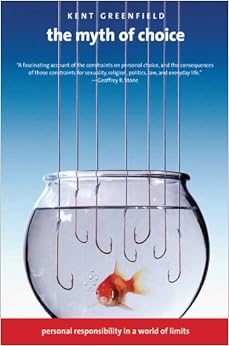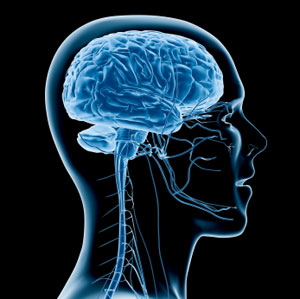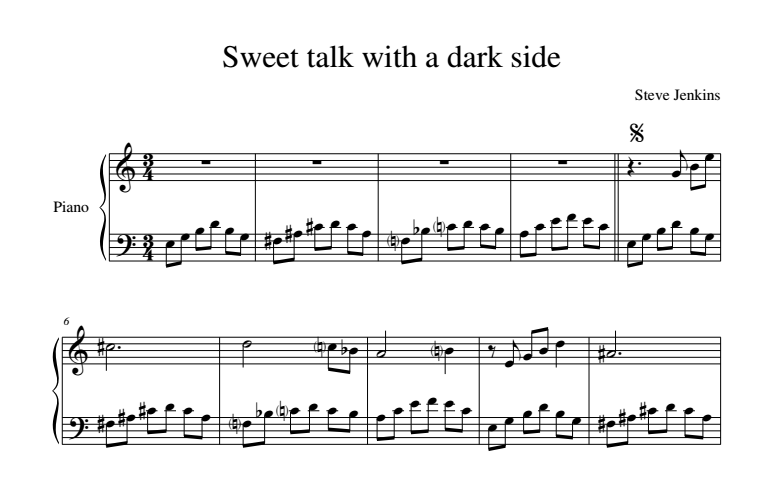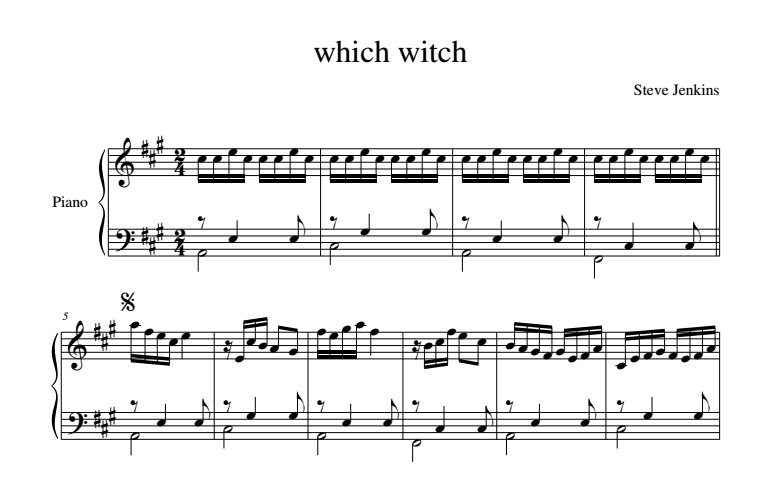
In his book, The Myth of Choice: Personal Responsibility in a World of Limits, Kent Greenfield describes how our choices and judgments are not nearly as controlled as we think. For example, I think the “echo chamber effect” which I try to minimize, can be seen in Greenfield’s concept, “motivated reasoning,” by which he means “scrutinizing ideas we disagree with more than those we agree with.”

That one’s pretty obvious.
We also exhibit “mental contamination”: the influence on judgment by unrelated but recent or nearby facts.
This last one is pretty funny. He quotes from a study where people are asked to guess the number of countries in Africa. But before they are asked, they spin a roulette wheel. The number that comes up influences whether they will guess a higher or lower number just because it was recently noticed.
At the end of chapter three, Greenfield writes
Parts of our brains are highly sophisticated, but other parts are still prehistoric. Our brains make mistakes, are easily fooled, and have tendencies to make us think, react, and feel a certain way. We routinely misremember the past and make horrible predictions about the future. In the phrasing of Dan Ariely, we are ‘predictably irrational,’ with our minds playing tricks on us all the time.
What’s worse, we usually do not recognize these tendencies in ourselves, which leaves us open to manipulation.
I feel like this vindicates some of my own tendency to doubt myself as I often do, turning over possibilities in my head. Chapters 7-9 in this book are in a section entitled “What to do.” Greenfield not only is teaching how choice works, but apparently will propose strategies for more personal responsibility in the light of this brain science.

Cool.
I finished drafts of B sections of my ballet music yesterday. I spent the morning working on it. In the afternoon I had auditions and a funeral all of which went okay. Unfortunately by the time I had a chance to practice for today, I was pretty exhausted. But I did get some in.

I’m hoping you can access my music with these links. I would appreciate it if someone would let me know if they don’t work. Google has once again changed how Google drive works. It’s not entirely clear to me if I can now make permanent URLs of music as I was doing.

Anyway, click on the music to go to what I hope is a PDF of it. You will notice an absence of tempo marking, dynamics and articulations. These are my working drafts to learn and begin performing tomorrow. I will add details as I evolve them, learning to play them.
When I’m satisfied with them I will further edit them and add them to my free mostly original sheet music page.
Yes, I can access those two pieces on google drive.
Do you have recommendations for intro to music theory? I’m trying to trace back my basic music knowledge and am a loss about things like what is the 7 in D7? and what key has three sharps? and what’s the 4 in 3/4? and what’s the difference between 4/8 and 4/4 key signature?
Thanks for checking to see about accessing those pieces. The 7 in D7 in C (7 notes up from D). 3 #s is usually (but not always) A major OR F# minor. the 4 in 3/4 stands for quarter note (the upper number can pretty much be any number, the lower only numbers that indicate a note value like 2 for half note, 8 for eighth note and so on), There’s really not too much different between 4/8 and 4/4. In 4/8 the eighth note gets the beat and there are four of them in each measure, in 4/4 the quarter note gets the beat and there are four of THEM in each measure. So either way there are four beats in a measure. I’ll poke around online and see if I can find a web site or two about this stuff. This one looks pretty good: http://www.musictheoryvideos.com/ I watched part of the video on key signatures. It seemed clear and understandable.
When Steve and I were in college, the basic intro book to music theory was W. W. Norton’s “Scales, Intervals, Keys and Triads” by John Clough – a self teaching, programmed text. The most recent edition is pretty pricey but you might be able to find a used, unmarked copy, second or even first edition.
I really enjoyed that book. It covered lots of intro stuff – no teacher needed. FWIW.
Good book. I remember it well. I recommend it as well.
Thanks, Dad! And for the title, Uncle Mark! I’ve been dinking around with the keyboard Jeremy gave me for Christmas and also the ukulele. I found John Thompson’s Easiest Piano Courses, Book 3 at the local book shop — it’s in Chinese but hey. Also been looking up various kids tunes and strumming out chords to sing with Alex. Right now, we are really good at “Old McDonald” and “I had a Rooster”… This second one I heard played by Pete Seeger. So many kids’ books and songs are about animal noises, what gives?